Commercial electrical work carries high stakes. From compliance with UK regulations to uptime, safety, and insurance requirements, a single oversight can halt operations and increase risk. For businesses in Worcestershire—whether you manage a warehouse in Kidderminster, a retail unit in Worcester, or a manufacturing plant in Redditch—selecting a contractor with the right accreditation is critical. That is where NICEIC approval stands out.

This guide explains what NICEIC approval means, why it matters for commercial projects, and how it directly affects safety, quality, and compliance. You will also find practical scenarios showing how choosing an NICEIC-approved contractor can protect your business and budget.
What Is NICEIC Approval?
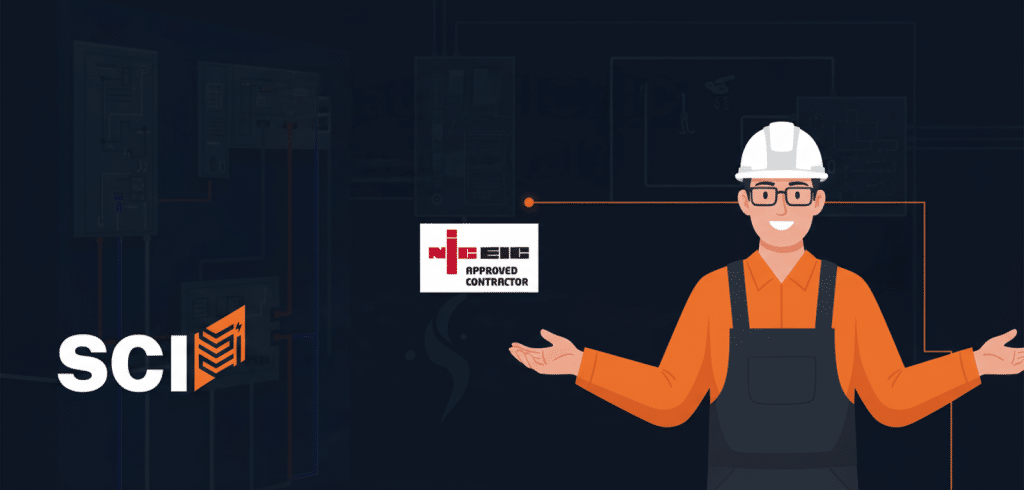
NICEIC (National Inspection Council for Electrical Installation Contracting) is a leading UK body that assesses the competence of electricians and electrical contractors. Approval is not a rubber stamp; it is earned and maintained through rigorous, ongoing assessment.
What NICEIC approval includes:
- Competence verification: Contractors are assessed on technical knowledge, installation quality, and testing procedures.
- Regular audits: Approved businesses undergo periodic inspections of real projects to ensure standards are upheld.
- Insurance and documentation checks: Proof of appropriate public liability insurance, calibrated test equipment, and compliant certificates is required.
- Access to the Platinum Promise: NICEIC backs its registered contractors’ work (subject to terms), offering customers extra assurance if something is not up to standard.
In short, NICEIC approval gives you an external, independent measure of a contractor’s capability and ethics.
Why It Matters for Commercial Projects
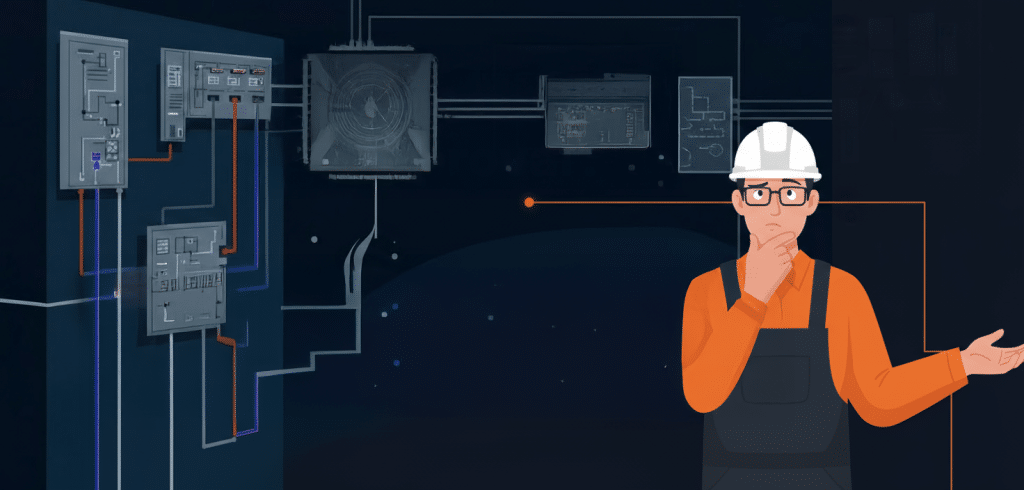
Commercial environments bring added complexity: higher loads, three-phase systems, emergency lighting, fire alarms, energy management, and integration with building management systems. Errors are costly. NICEIC approval safeguards your project across three pillars.
1) Safety: Protecting People and Property
Electrical safety in workplaces is governed by strict requirements. NICEIC-approved contractors are trained and audited against the standards that matter, including:
- BS 7671 (IET Wiring Regulations)
- The Electricity at Work Regulations 1989
- Relevant British Standards for emergency lighting (BS 5266) and fire detection (BS 5839)
How this helps you:
- Correct design and load calculations: Reduces overheating, breaker trips, and fire risks.
- Proper earthing and bonding: Essential for industrial plant, commercial kitchens, and metal-structured buildings.
- Verified testing and inspection: Use of calibrated instruments and documented test results (e.g., insulation resistance, RCD trip times) to prove safety before handover.
Example: During a factory fit-out in Worcestershire, an NICEIC-approved contractor identifies undersized cable runs planned for a new CNC line. By redesigning the circuits to meet load and voltage drop limits, they prevent future breaker tripping and overheating—avoiding downtime and potential fire hazards.
2) Quality: Getting Workmanship That Lasts
NICEIC approval promotes consistent quality through:
- Standardised processes: Method statements, test procedures, and certification.
- Competent personnel: Ongoing CPD and assessment keep teams current with the latest regulations and technologies.
- Documented handover: You receive clear O&M manuals, test schedules, and as-fitted drawings—vital for maintenance and audits.
How this helps you:
- Reduced rework and defects: Well-executed installations perform reliably from day one.
- Easier maintenance: Clear documentation allows your facilities team or future contractors to work efficiently.
- Better lifecycle cost: Quality materials and correct installation extend system life and reduce call-outs.
Example: A retail centre in Evesham upgrades to LED emergency lighting. The NICEIC-approved contractor provides full photometric design, correct spacing, and labelled circuits, along with testing records. When the site undergoes a fire safety audit, documentation and compliance are available on demand—no scramble, no delays.
3) Compliance: Meeting Legal and Insurance Requirements
Non-compliance can lead to enforcement action, voided warranties, and insurance complications. NICEIC-approved contractors work to the latest editions of the regulations and maintain the evidence trail you need:
- Electrical Installation Certificates (EICs) and Minor Works Certificates
- Electrical Installation Condition Reports (EICRs)
- Records for emergency lighting and fire alarm testing
- PAT testing schedules for portable appliances
How this helps you:
- Demonstrable compliance for HSE, local authorities, and landlords
- Faster sign-offs during refurbishment, fit-out, or change-of-use projects
- Stronger position with insurers, especially when making or defending a claim
Example: After a power fault causes product losses in a cold storage facility, the insurer requests evidence of compliant installation and routine inspection. The NICEIC-approved contractor provides EICs, EICRs, and maintenance records. The claim proceeds smoothly because the site can prove due diligence.
How NICEIC Approval Builds Trust
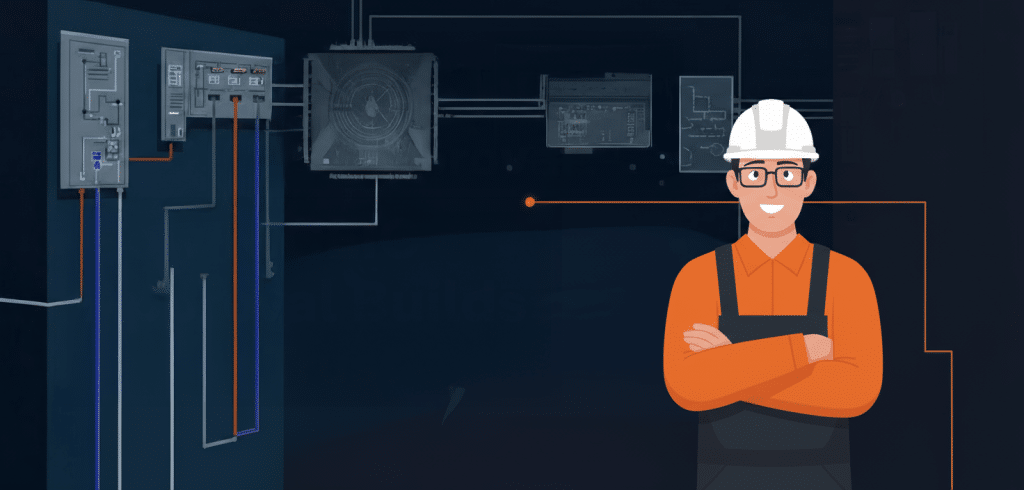
Trust is not just about saying you do good work; it is about evidence. NICEIC approval provides:
Trust is not just about saying you do good work; it is about evidence. NICEIC approval provides:
- Independent verification: An external body audits the contractor’s real-world projects.
- Consistent standards: Ongoing assessments ensure standards do not slip over time.
- Recourse: If something goes wrong, you have documentation, certifications, and potentially the NICEIC Platinum Promise backing to help resolve issues.
For procurement teams, facilities managers, and business owners, NICEIC approval reduces risk and speeds up decision-making. It shows the contractor is serious about quality and accountability.
Practical Scenarios Where NICEIC Approval Makes a Difference
- Industrial expansion in Redditch: You are adding a new production line with high inrush motors and variable speed drives. An NICEIC-approved contractor sizes protective devices to avoid nuisance tripping, designs cable containment for heat dissipation, and provides harmonic mitigation strategies. Result: stable operations and longer equipment life.
- Office refurbishment in Worcester city centre: The building needs Cat A and Cat B works, new distribution boards, and emergency lighting. With an NICEIC-approved partner, you get phased testing, section-by-section handovers, and accurate as-builts, so tenants can move in on schedule.
- Hospitality fit-out in Malvern: A hotel requires coordinated power for kitchens, laundries, and EV chargers. The contractor integrates load management, ensures RCD selectivity to limit outages, and provides clear certification packs for the fire officer and insurer.
- Compliance catch-up for a warehouse in Kidderminster: An EICR flags C2 faults and code observations. The NICEIC-approved team prioritises remedials, documents corrections, and issues updated reports—supporting the landlord’s statutory obligations.
What to Look For When Choosing an NICEIC-Approved Commercial Electrician
- Current NICEIC registration: Ask for the company’s registration number and verify it on the NICEIC website.
- Relevant commercial experience: Check for projects similar to yours—industrial, retail, hospitality, healthcare, or education.
- Comprehensive documentation: Expect EIC/EICR samples, RAMS, and evidence of calibrated test equipment.
- Insurance and warranties: Confirm public liability and professional indemnity where applicable, plus product warranties.
- Clear communication: Look for detailed proposals, timelines, and change-control processes to manage variations without surprise costs.
- Health and safety culture: Evidence of training (e.g., IPAF, PASMA), site inductions, and method statements aligned to CDM regulations where relevant.
The Cost Question: Is an NICEIC Contractor More Expensive?
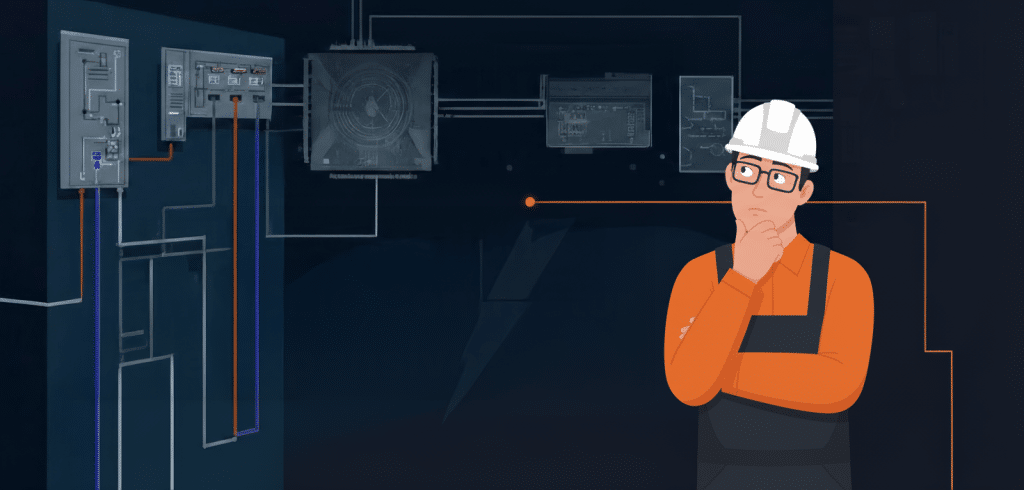
Not necessarily. While professional contractors price projects to reflect skilled labour, proper materials, and testing, the total cost of ownership is often lower:
- Fewer defects and call-backs
- Less downtime due to failures
- Strong compliance documentation that avoids fines or delays
- Improved energy performance through correct design and commissioning
Paying for competence up front is almost always cheaper than paying for remedial work later.
How NICEIC Approval Supports Your ESG and Sustainability Goals
- Energy efficiency: Competent design reduces wastage and enables accurate monitoring (sub-metering, BMS integration).
- Responsible procurement: Choosing audited, compliant suppliers supports corporate governance and risk management.
- Waste reduction: Right-first-time installations mean fewer returns and replacements over the system’s lifecycle.
Frequently Asked Questions
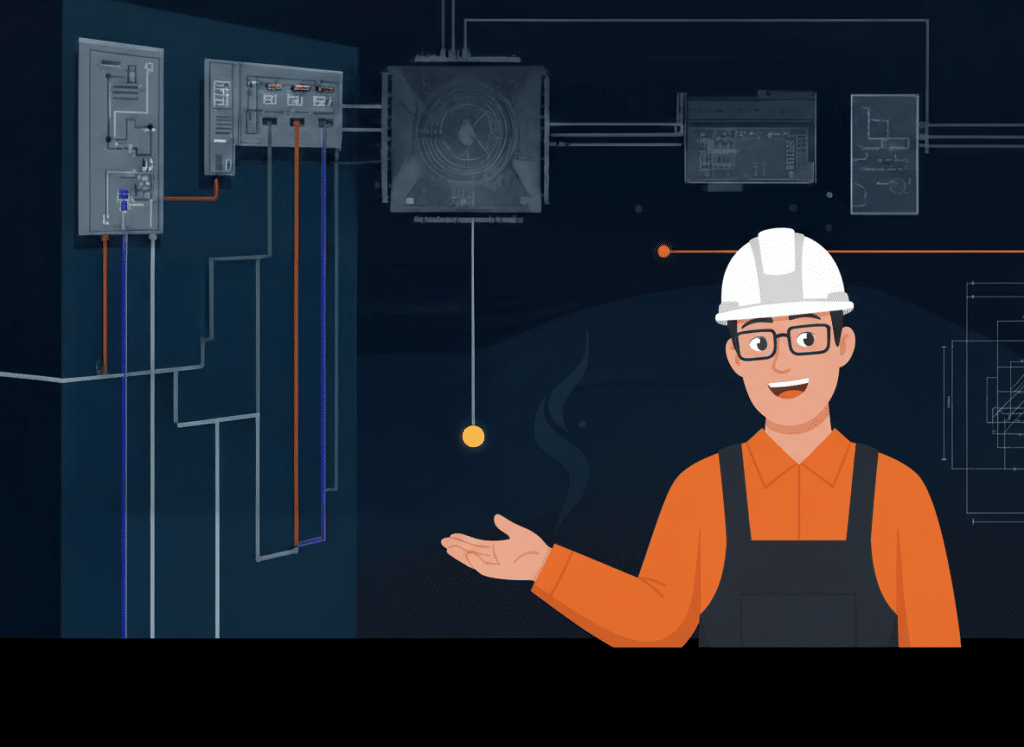
- What’s the difference between NICEIC and other bodies?
NICEIC is one of the most recognised certification bodies for electrical work in the UK. Its assessment regime, documentation standards, and the Platinum Promise give buyers strong assurance. Always check that any certifying body is UKAS-accredited and well established.
- Do I need NICEIC for minor works?
For any commercial environment, using an assessed contractor is good practice. Even small works can affect compliance and safety, especially on complex or loaded systems.
- How often should I get an EICR?
Intervals vary by building type and risk profile. Many commercial premises work to 3–5 years, with more frequent inspections for higher-risk sites. Follow your previous EICR’s recommended interval and your insurer’s requirements.
Next Steps for Businesses in Worcestershire
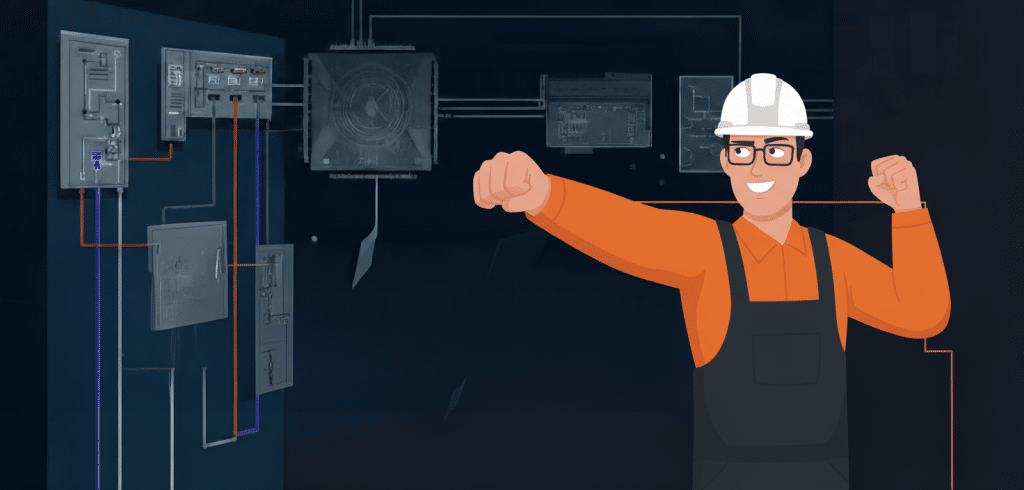
If you are planning maintenance, a fit-out, or a new installation:
1) Verify NICEIC registration and relevant experience.
2) Request a site survey to review loads, distribution, and any legacy issues.
3) Ask for a detailed scope with testing, certification, and handover documentation clearly listed.
4) Set milestones for staged inspections to keep the project on track.
Choosing an NICEIC-approved commercial electrician is not just a badge decision—it is a risk management strategy. It gives you confidence that safety, quality, and compliance are built into every stage of your project.
